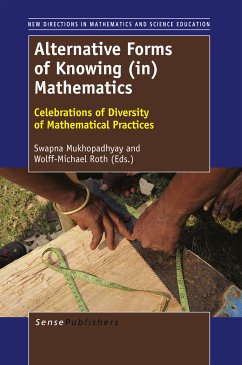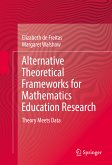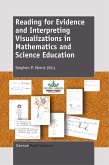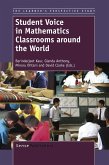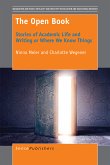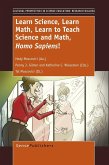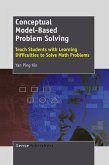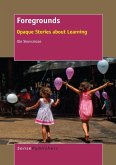This book grew out of a public lecture series, Alternative forms of knowledge construction in mathematics, conceived and organized by the first editor, and held annually at Portland State University from 2006. Starting from the position that mathematics is a human construction, implying that it cannot be separated from its historical, cultural, social, and political contexts, the purpose of these lectures was to provide a public intellectual space to interrogate conceptions of mathematics and mathematics education, particularly by looking at mathematical practices that are not considered relevant to mainstream mathematics education. One of the main thrusts was to contemplate the fundamental question of whose mathematics is to be valorized in a multicultural world, a world in which, as Paolo Freire said, "The intellectual activity of those without power is always characterized asnon-intellectual". To date, nineteen scholars (including the second editor) have participated in the series. All of the lectures have been streamed for global dissemination at:http://www.media.pdx.edu/dlcmedia/events/AFK/. Most of the speakers contributed a chapter to this book, based either on their original talk or on a related topic. The book is divided into four sections dealing with: . Mathematics and the politics of knowledge . Ethnomathematics . Learning to see mathematically . Mathematics education for social justice.
Dieser Download kann aus rechtlichen Gründen nur mit Rechnungsadresse in A, B, BG, CY, CZ, D, DK, EW, E, FIN, F, GR, HR, H, IRL, I, LT, L, LR, M, NL, PL, P, R, S, SLO, SK ausgeliefert werden.

